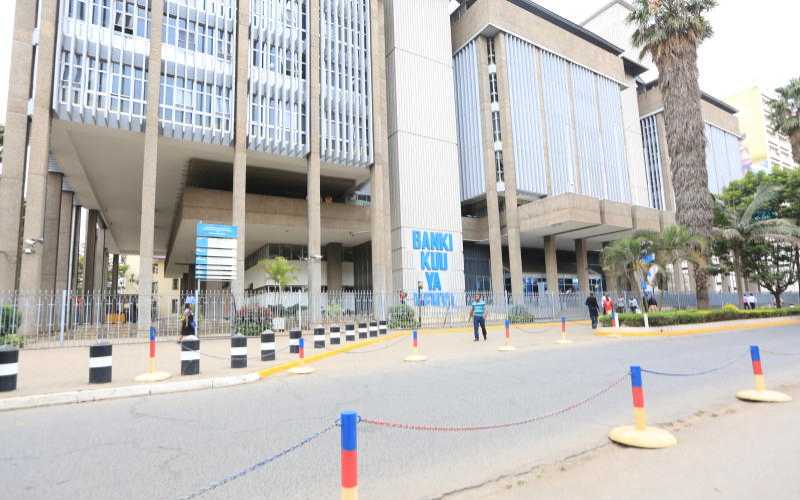×
The Standard e-Paper
Kenya’s Boldest Voice

Banks experienced a surge in bad debt in December as borrowers struggled to service their loans following the end of a repayment holiday granted to soften the blows of Covid-19.
The stock of bad loans rose to Sh423 billion, 14.1 per cent of banks’ total loan book that stood at Sh3 trillion, according to the Central Bank of Kenya (CBK).